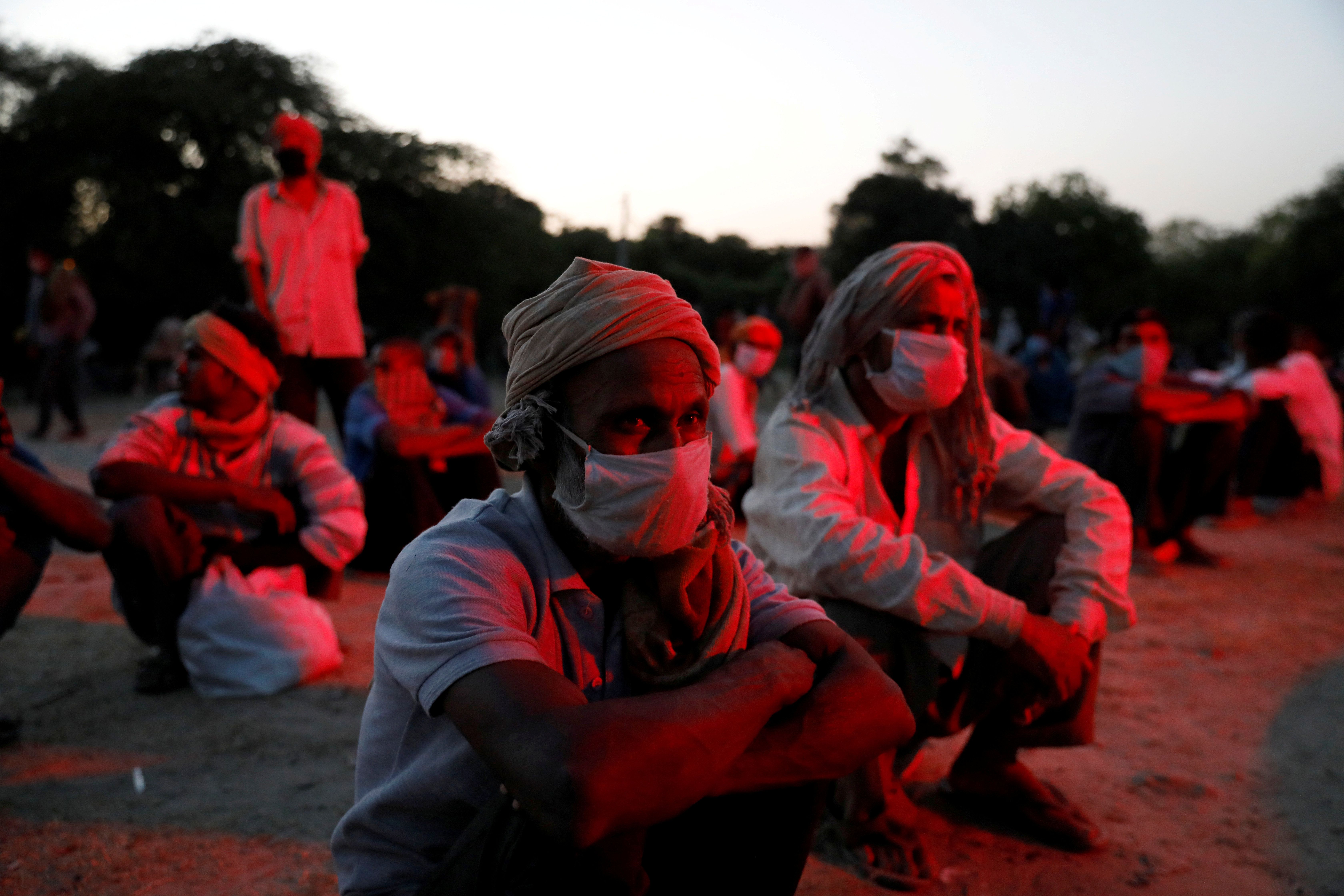Hard Numbers: India COVID cases spike, Colombia protest turns deadly, Sudan floods, global wildlife destruction
95,000: India recorded more than 95,000 COVID-19 infections on Thursday, its biggest single-day spike to date. India recently overtook Brazil as the country with the second highest global caseload, as Prime Minister Narendra Modi struggles to contain the coronavirus amid an economic implosion.
7: Seven people were killed on Wednesday night when a protest against police brutality turned deadly in Colombia's capital, Bogotá. The protests were sparked by a video widely shared on social media of cops repeatedly using a stun gun on an unarmed man until he died.
500,000: More than 500,000 people have been affected by unprecedented mass flooding of the Nile river in Sudan. Although floods are regular during the country's rainy season (and in fact help farmers irrigate their land), this year they have been catastrophic, killing more than 100 Sudanese and leaving thousands homeless.
68: Wildlife populations around the world have fallen an average of 68 percent since 1970, according to a new WWF study. The report said that the decline is clear evidence of humanity's destruction of the natural world, and that the coronavirus pandemic is a grim reality check of the consequences of wildlife habitat loss.